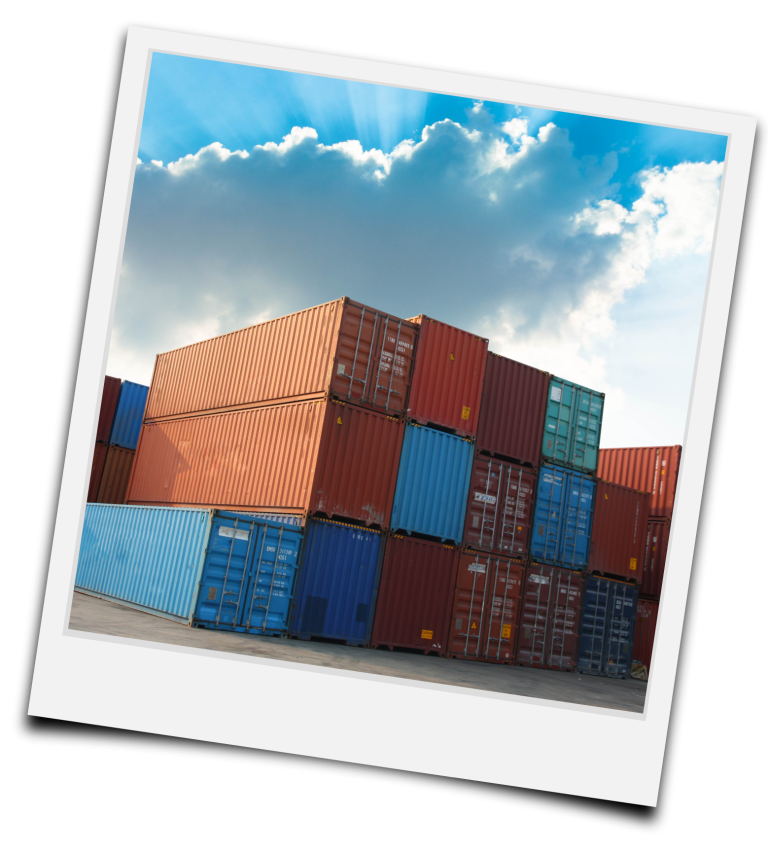Which invention of the 20th century had the most significant impact on everyday people? Was it the television or personal computer? Actually, it might have been a rather unassuming invention: the shipping container.
Throughout human history, it was extremely costly and time-consuming to transport goods across the world. However, in 1956, entrepreneur Malcolm McLean created the shipping container, which dramatically lowered the cost of transporting goods across the globe. The use of shipping containers increased the efficiency of moving goods, leading to a global revolution. The supply chain has now become central to the world’s economy, with some estimating that 37% of American jobs are supply-chain related.
However, the COVID-19 pandemic has exposed problems in the global supply chain that existed long before the pandemic. The delays and shortages experienced during the pandemic highlighted pre-existing issues that could have long-term consequences, particularly if left unaddressed.
One analysis of the port in Rotterdam, in the Netherlands, estimated that its use of automation allowed it to move 80 percent more cargo than the non-automated American port in Oakland in the same amount of time.
America’s infrastructure, particularly its ports, is behind other countries in terms of efficiency and automation. Outdated technology and laws, such as the inability to dredge ports, contribute to America’s lagging infrastructure.
The consequences of inefficient ports and transportation methods include slower economic growth, higher costs for importers and exporters, and increased carbon emissions. However, with some modest reforms, the country could turn things around. America is a country of innovators and strivers, after all, and let’s not forget that it was the country that invented the big, stupid box.
Watch this great video from Kite and Key which explains why the inventors of the shipping container have never really understood its potential. Asia, Europe and the UK are way ahead.
